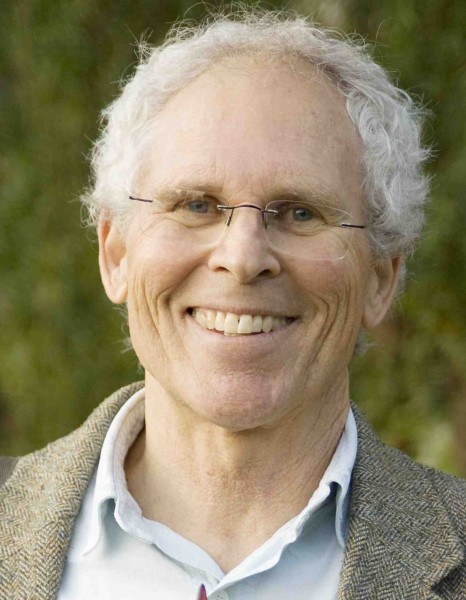Sustainability in Food, Clothing, and Shelter

On a cool February evening at the Laguna Art Museum, an audience of a hundred or so attendees were treated to a spirited emcee-led discussion directed expertly by Karen Kariuki, featuring three dynamic, accomplished and youngish female business leaders.
They were knowledgeable, articulate and intent on aligning their business success with what is good for the natural environment. All three tied their inspiration to California’s can-do and, at times, edgy, outside-the-box ethos of “I see possibility, let’s give it a try.”
Chef and restaurateur Camilla Marcus grew up in Los Angeles and graduated from the University of Pennsylvania’s Wharton School of Business before earning her law degree and MBA at NYU. While qualified to work in a corporate board room or courtroom, her preferred work sites include the kitchen, farmers’ markets and organic gardens.
Marcus said her business, West-Bourne, was carbon neutral. The business sells food products, like avocado oil, and gifts curated to help the planet while providing healthy foods.
In this time of a warming planet, she told us that agriculture was the area “where we can make the biggest impact” on reducing carbon emissions. “Composting is really important.” What Marcus said about the ubiquity of plastics in our society is unprintable in a column like this. “We consume a credit card of plastic each week,” Marcus warned. She’s writing a book on foods and hopes Berkeley’s famed Alice Waters, owner of the equally famed Chez Panisse French restaurant, will consider writing a Foreword. I suspect this determined food entrepreneur will get what she wants from Ms. Waters.
Los Angeles architect Sharon Johnston, a founding partner of the firm Johnston and Marklee, reminded us that “architecture is one of the most polluting businesses in the world,” given the short life of structures before they’re remodeled or torn down and replaced. Interiors of commercial buildings sometimes changed every two years, Johnston lamented.
She aims for “adaptive reuse” of structures and materials, to minimize waste and carbon emissions. Moreover, “knowing when not to build something,” was environmentally conscious. Sometimes, it’s best “to let nature do the work,” she said. In other words, at times greenery and the outdoors can add an aesthetic dimension to structures that is unsurpassed by more built space. Stanford and Harvard educated, she praised California’s “on the edge” culture and, as a Southland resident, described our climate as “remarkable.”
Shilpa Sharma, similarly, hails from southern California. After graduating from and earning an MBA at UC Berkeley’s Haas School of Business, she started her own fashion company, Cuyana, in the Bay Area. I went to the company’s website and learned that it has seven “brick-and-mortar” locations and employs more than 150 workers.
She described her business philosophy tersely as “fewer, better.” “I like products that power the modern woman,” she said. Customers should buy fewer and higher-quality clothing products, said the CEO of a luxury fashion business. My mouth dropped open when she informed us that it took 2,000 liters of water to make one t-shirt. Sharma told us that she does her best to work only with manufacturers whose employees do not labor under sweatshop conditions for meager pay. Even if you can save money, “don’t buy your clothes on sale; check your impulse,” she said because it usually means garment workers labored under sub-standard conditions. While motivated by a high ethical standard, Sharma nevertheless reiterated that her efforts have “to make business sense.”
Writing the last two chapters of a book on the Golden State’s environmental leadership, I especially appreciated panelist Camilla Marcus’s comment that “California is the greatest think tank on sustainability.” The evening’s entire program was affidavit of that. Wow! My mind is still abuzz with the energy and possibilities of what I heard and learned. Kudos to the Laguna Art Museum for sponsoring this most stimulating event.
Tom Osborne is writing his fifth book, Greening the Golden State: Environmental Leadership and the California Dream, 1850s -2020s. With his wife, Ginger, he co-leads the Laguna chapter of Citizens’ Climate Lobby. [email protected].




